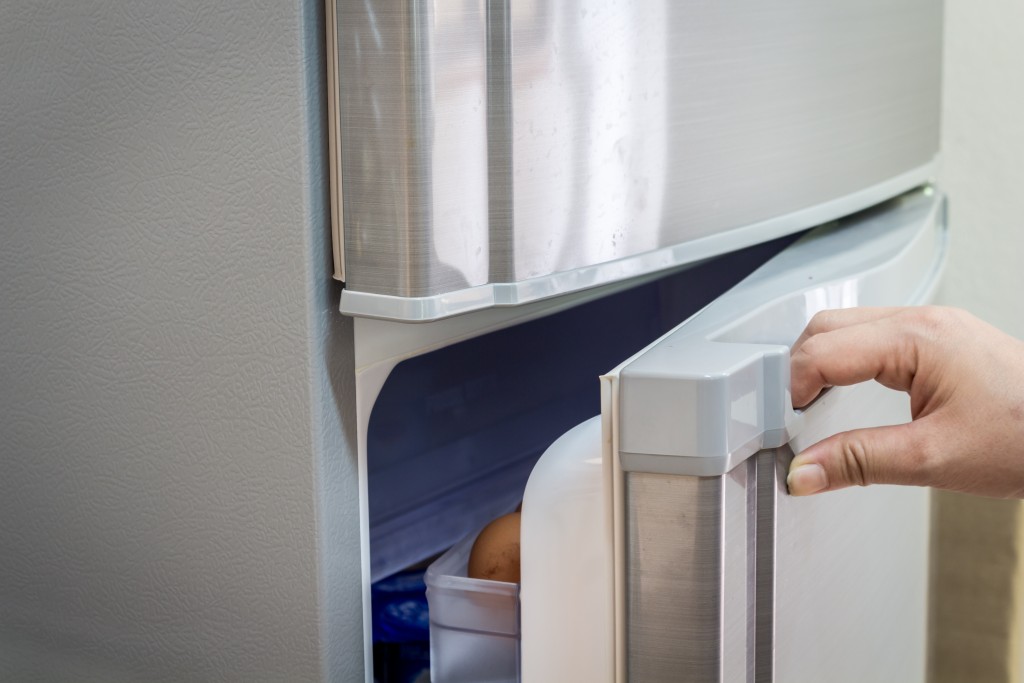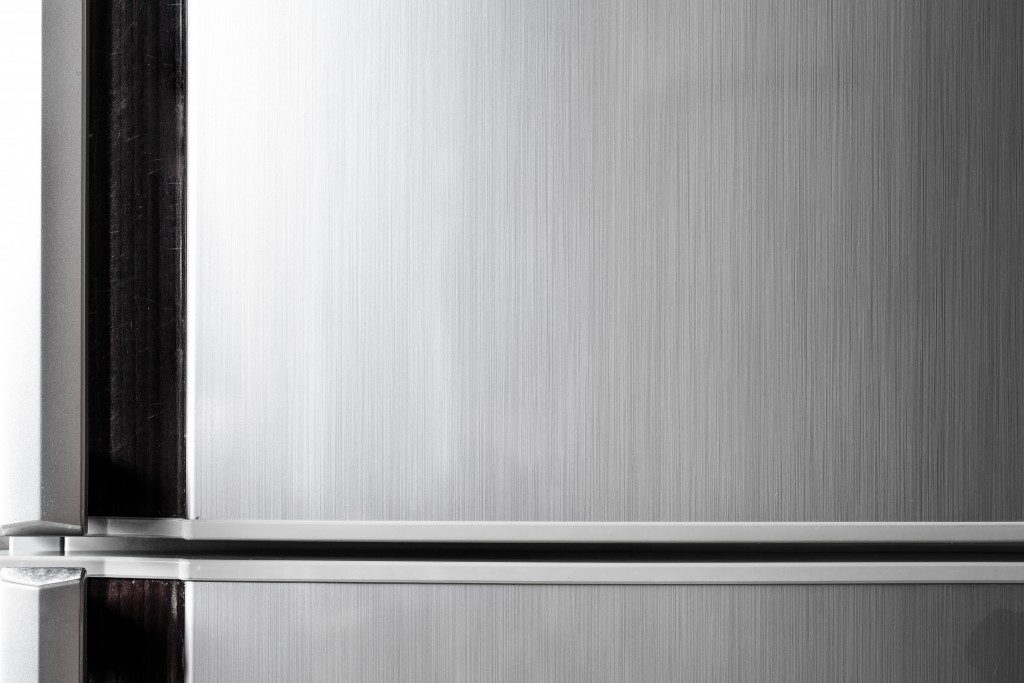Frost Buildup in Freezers: What Causes It?

One of the workhorses in the kitchen, whether residential or commercial, is the freezer. It is designed to extend the life of your perishables by keeping them stored in freezing temperatures. Here, bacteria and microorganisms that contribute to food wastage will not survive.
There are times, however, when the items in your freezer look as if they are covered in snow. This is frost that generally indicates issues with the operation of your appliance. You might see no need of an expert who handles freezer, fridge, oven, and washer repair in Salt Lake City.
But this accumulated frost will affect your stored foods’ taste due to a condition called frostbitten foods or freezer burns. Moreover, the frost causes freezer odors and ineffective sealing of the appliance’s door, as well as reduces your available storage space.
The following are the leading causes of frost buildup in freezers.
Defective Defrost Thermostats
Frost buildup around the evaporator coils in frost-free freezer models generally points to an issue with the defrost thermostats. These models have a defrost heater that melts any ice accumulating on the evaporator coils. A defrost thermostat forms part of the circuit that supplies power to the heater and melts the frost.
The thermostat circuit is continuous at freezing temperatures and opens when temperatures reach above 37 degrees Fahrenheit. Without the thermostat’s continuity, the heater gets no power supply, and thus frost is not melted.
Damaged Gaskets
If you notice frost accumulation inside the freezer, the issue might be a broken or damaged door or lid gasket. Gaskets are designed to maintain tight seals on the cabinets and thus prevent outside air from entering the freezer.
When defective, warm air comes into contact with surfaces at freezing temperatures. This interaction causes the formation of frost on these surfaces and reduces the efficacy of your freezer. Leaking gaskets on frost-free freezer models will also generate considerable frost on the evaporator coils since they restrict airflow and cause the continuous running of the compressor.
Faulty Defrost Timers

Timers are part of the circuit that powers the heater to melt frost in frost-free appliances. The timer cycles the heater at constant intervals to preserve a frost-free evaporator coil.
If the defrost timer fails, then the heater will not get powered, and the frost continues building up on the coils. Manual resetting of your timer is inconvenient and generally ineffective.
Blocked Defrost Drains
At times, the drain strap in your defrost drain might be the cause of buildup. The drain strap extends to the defrost drain to ensure the melted ice from your evaporator coils does not block the drain. If defective, this causes the blocking of your drain and accumulation of frost in your freezer since there is nowhere for the frost to flow even if it melts.
When scouring online articles for solutions to your freezer’s frost accumulation, you will undoubtedly come across several “professional” solutions. In most cases, however, the DIY solution you implement will only lead to more issues. The ideal option is getting an expert to determine the cause of the problem and fix it without damaging any other components of your freezer.




